NCI Transition Career Development Workshop (Speaker Bios)
-
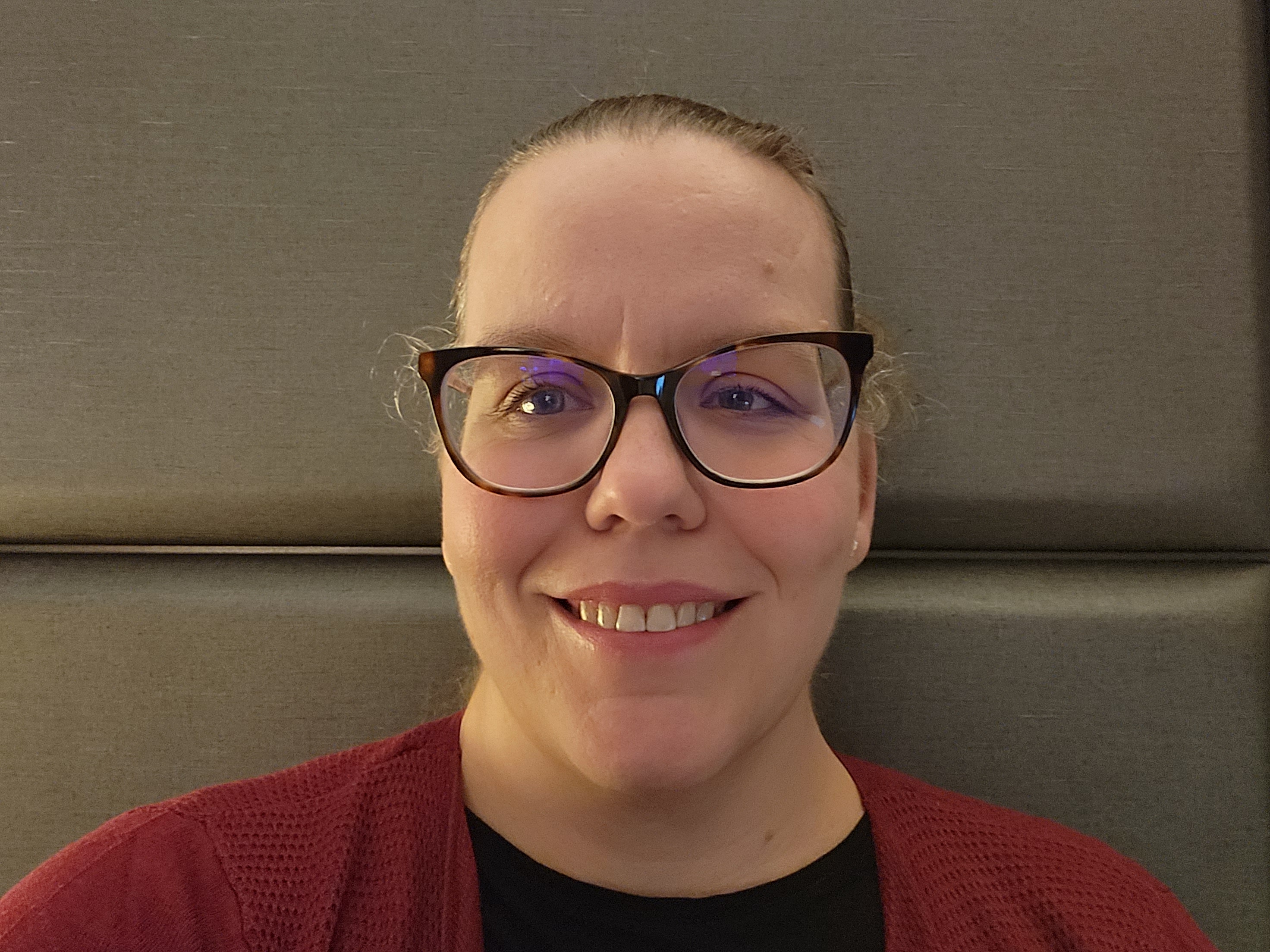 Amy Bartosch, B.A.
Amy Bartosch, B.A.
Supervisory Grants Management Specialist, NIH/NCI Office of Grants Administration
amy.bartosch@nih.govAmy joined NIH in 2001 as a junior grants management specialist at the National Heart, Lung, & Blood Institute. After fourteen years and three other NIH Institutes/Centers, Amy joined the NCI Office of Grants Management as a Team Leader in 2016. Since 2019, Amy has served as a senior member of the management team and a Branch Chief in the Office of Grants Administration at NCI. Amy represents the NCI Office of Grants Management in several different organizations such as the Society for Research Administrators, International, the NIH Grants Management University, as well as other internal NCI committees and groups such as the Early-Stage Investigator (ESI) Activities Committee.
-
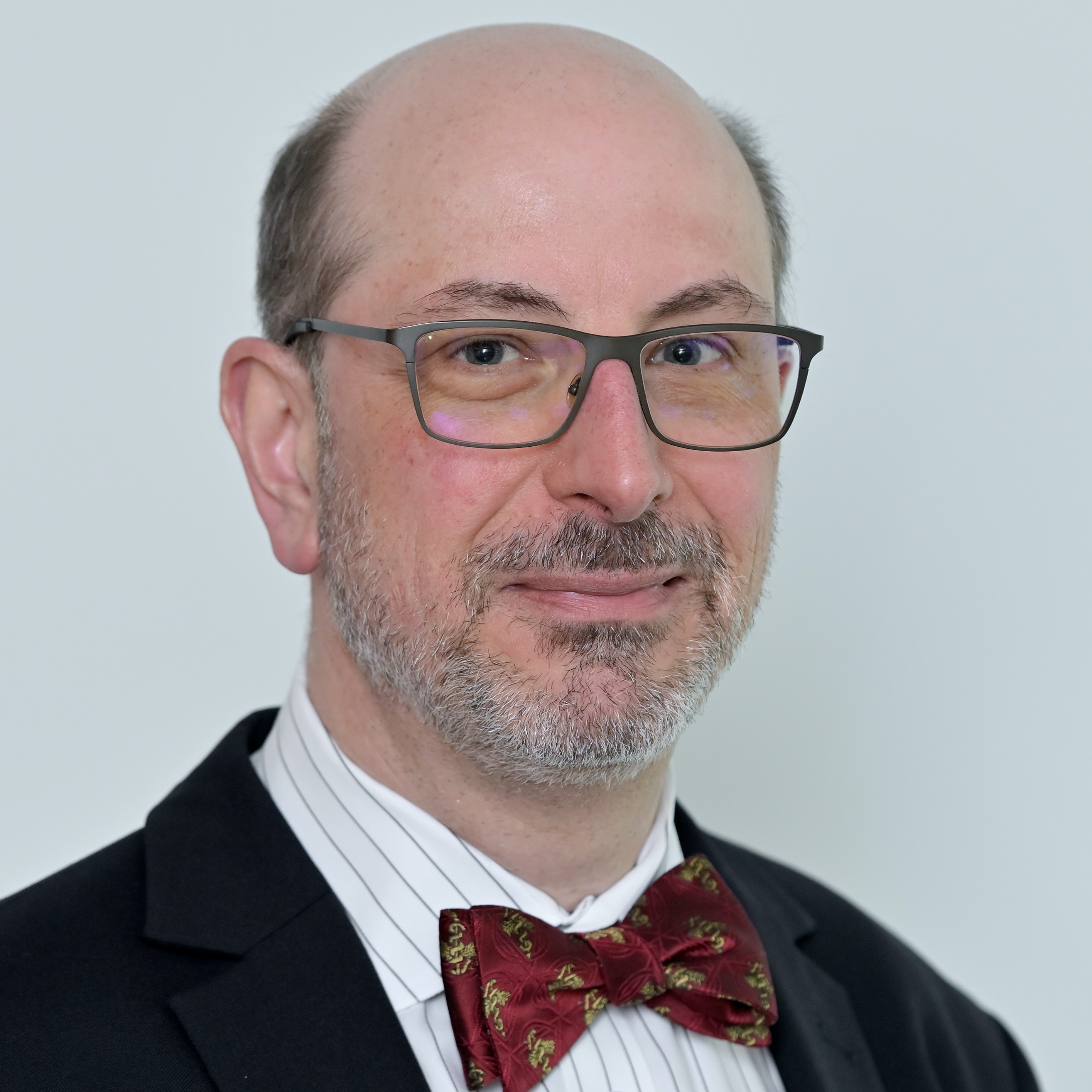 Oliver Bogler, Ph.D.
Oliver Bogler, Ph.D.
Director, CCT, NCIEducated in England, Oliver came to the US for postdoc, and has held faculty positions most recently at the University of Texas MD Anderson Cancer Center. His research focused on EGFR signaling and novel platinum compounds in glioblastoma. At MD Anderson he served as Vice President for Global Academic Programs and Senior Vice President for Academic Affairs and stewarded MD Anderson’s education mission for 1,700 faculty and more than 2,000 trainees. After a stint at the ECHO Institute at the University of New Mexico, he joined the NCI as Director of the Center for Cancer Training in 2020.
-
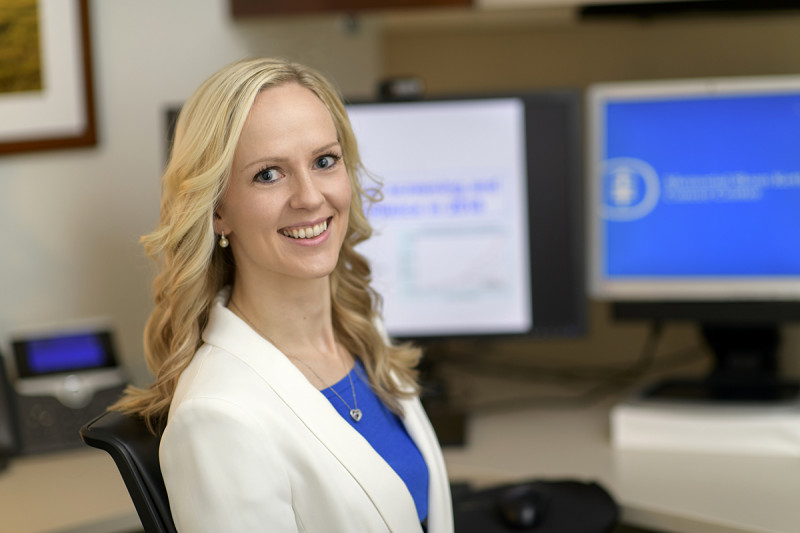 Sigrid Carlsson, M.D., Ph.D., Ph.D.
Sigrid Carlsson, M.D., Ph.D., Ph.D.
Director of Clinical Research, Assistant Attending Epidemiologist, Josie Robertson Surgery Center, Memorial Sloan Kettering Cancer CenterDr. Carlsson is Director of Clinical Research at Memorial Sloan Kettering Cancer Center’s Josie Robertson Surgery Center and Assistant Attending Epidemiologist, with dual appointments in MSK’s Departments of Surgery (Urology Service) and Epidemiology and Biostatistics. Her line of research focuses on screening and early detection of prostate cancer, including multiplex testing and risk-stratified strategies that incorporate clinical information, biomarkers and magnetic resonance imaging, as recently funded by a NCI U01 award (PI: Carlsson). She also holds an appointment as Associate Professor of Experimental Urology affiliated with the Institute of Clinical Sciences, Sahlgrenska Academy, Gothenburg University, in Sweden where she is an investigator of two large randomized controlled trials of prostate cancer screening (GOTEBORG-1&2), as recently published in the New England Journal of Medicine (Hugosson J, et al. N Engl J Med 2022; 387:2126-2137). She recently completed a K22 career development award from the NCI to improve shared decision making for breast and prostate cancer screening. She serves on the NCCN and AUA guidelines for early detection of prostate cancer.
-
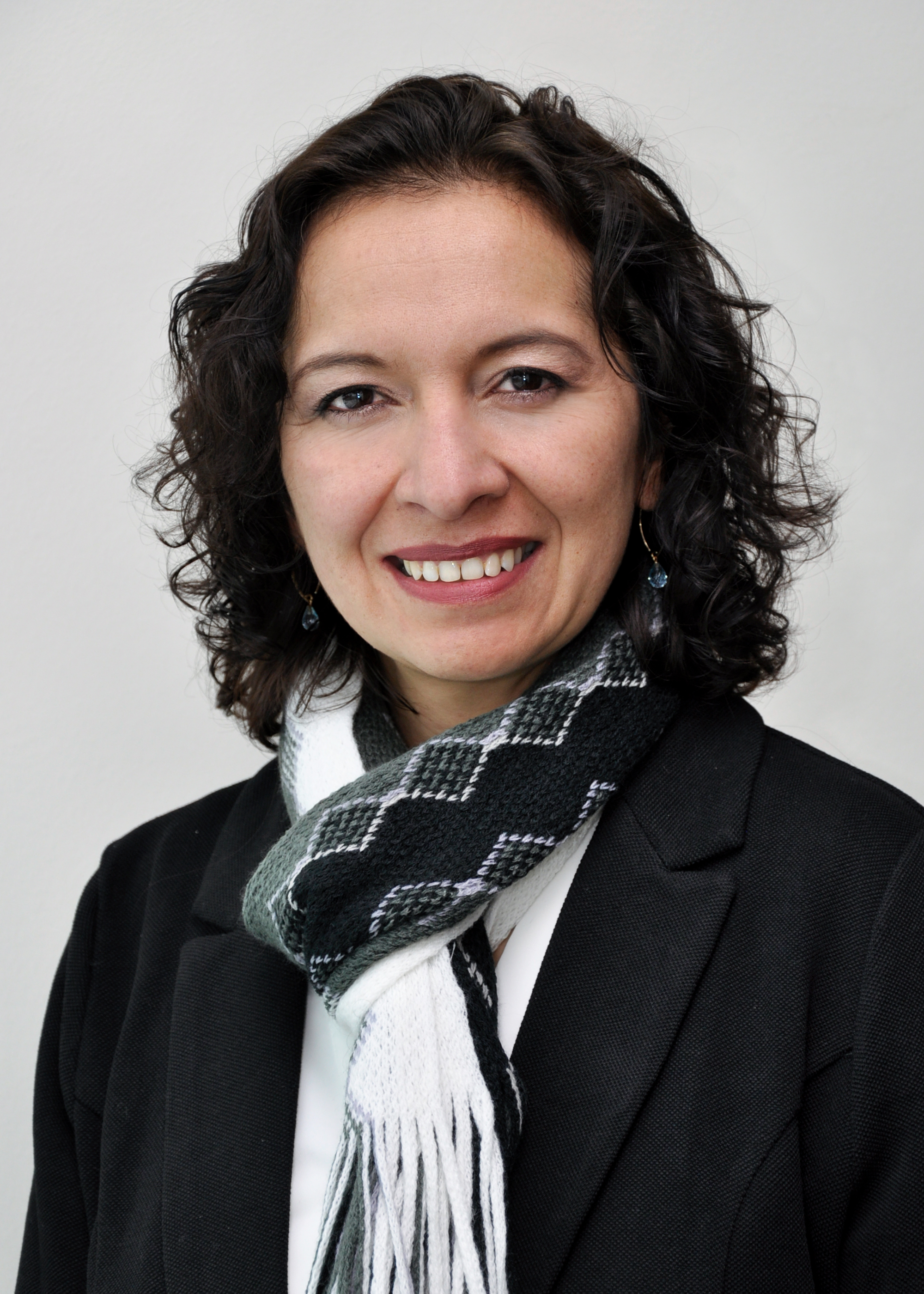 Diana M. Cittelly, Ph.D.
Diana M. Cittelly, Ph.D.
Associate Professor, Co-leader Tumor-Host-Interactions Program, University of Colorado Anschutz Medical Campus/ NCI-Comprehensive Cancer Center
diana.cittelly@cuanschutz.eduDr. Diana Cittelly is an Associate Professor in the Pathology Department at University of Colorado Anschutz Medical Campus and Co-leader of the Tumor-Host Interactions program at the University of Colorado Comprehensive Cancer Center. She received a BS in Biology and a MS in biochemistry from the National University of Colombia, and a PhD in Cell Biology from The University of Texas Medical Branch (Galveston, TX). She is recipient of a NCI K22 Career development award to promote diversity (2013-2015) and an R37 MCI MERIT award (2018-2025). Her research focuses on understanding how hormones alter the neuro inflammatory milieu during brain metastatic progression and how interactions of targeted therapies with radiation therapy influence metastasis progression and therapy resistance in preclinical models. Ultimately, Dr. Cittelly’s research aims to identify more effective treatment options for patients with brain metastases.
-
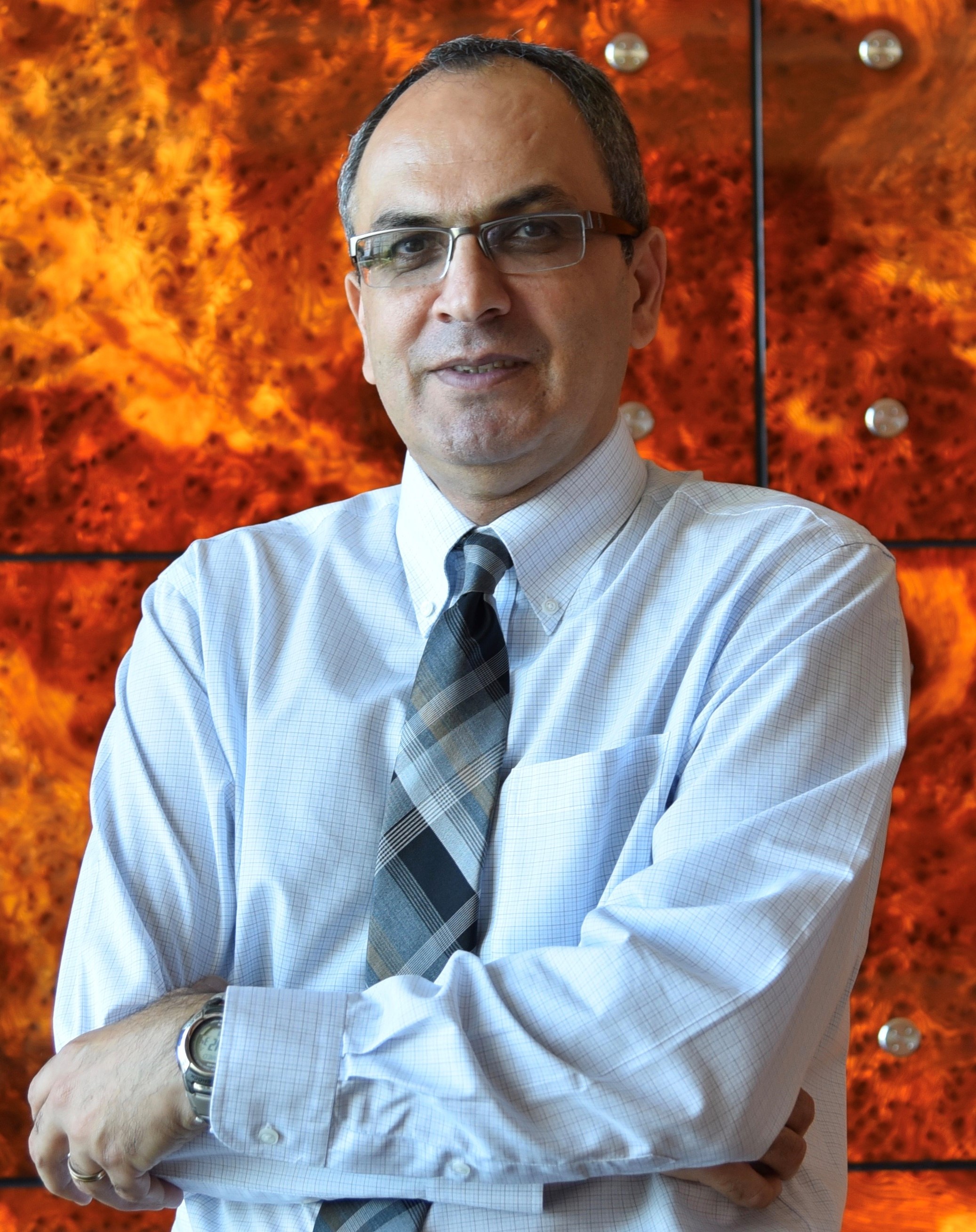
Behrous Davani, PhD, is Chief of the Diversity Training Branch of the NCI’s CRCHD since 2022. In this capacity, he plays a central role in the strategic planning of the branch and program implementation to enhance workforce diversity in cancer research. Dr. Davani oversees the management of NCI’s diversity-focused training programs, including the extramural Continuing Umbrella of Research Experiences (CURE) program. Dr. Davani is committed to developing innovative research and educational programs to advance health equity and promote diversity in biomedical research.
Dr. Davani received his B.S. in molecular biology and his Ph.D. in molecular endocrinology from Karolinska Institute in Stockholm, Sweden. He completed his postdoctoral training in the laboratory of Endocrinology & Receptor Biology at NIDDK.
-
 Marcus D Goncalves, M.D., Ph.D.
Marcus D Goncalves, M.D., Ph.D.
Assistant Professor, Weill Cornell MedicineMarcus Goncalves is an endocrinologist and assistant professor of medicine at Weill Cornell Medicine in New York. His research seeks to understand the tumor-host interactions that alter systemic metabolism, support tumor progression, and promote cancer-induced complications like cachexia. Dr. Goncalves’ lab is funded by grants from the NIH, AACR, The Mark Foundation, and he is co-lead of the international cancer cachexia action network, a CRUK/NCI-sponsored Cancer Grand Challenge team. In his clinical practice, he regularly cares for patients with cancer experiencing endocrine complications such as hyperglycemia, cachexia, and other metabolic diseases.
-
Paige A. Green, Ph.D., M.P.H.
Chief, Basic Biobehavioral and Psychological Sciences Branch, National Cancer Institute
paige.green@nih.govSince 2007, Paige A. Green, Ph.D., M.P.H., F.A.B.M.R., F.A.P.S. has served as chief of the Basic Biobehavioral and Psychological Sciences Branch (BBPSB) in the Behavioral Research Program, Division of Cancer Control and Population Sciences at the National Cancer Institute (NCI). Her NCI career has focused on cultivating research that generates fundamental knowledge of behavioral, biobehavioral, and psychological science mechanisms and elucidates their translational relevance for cancer prevention and control. She has built a multidisciplinary research program spanning preclinical models to clinical studies of biobehavioral mechanisms and interventions.
Dr. Green received her undergraduate degree in psychology and her doctorate in clinical psychology from the University of Miami in Coral Gables, Florida. Her doctoral training focused on cardiovascular behavioral medicine and psychophysiology. She completed a clinical psychology internship specializing in health psychology through the Brown University Clinical Psychology Internship Training Program and postdoctoral fellowships at Memorial Sloan Kettering Cancer Center and Howard University Cancer Center. She received a Master of Public Health degree from the Bloomberg School of Public Health at Johns Hopkins University in 2005.
-
 Sean Hine, B.S.
Sean Hine, B.S.
Deputy Chief Grants Management Officer with the Office of Grants Administration, National Cancer Institute at NIH
hines@mail.nih.govSean Hine is the Deputy Chief Grants Management Officer with the Office of Grants Administration at the National Cancer Institute at NIH. Sean has 21+ years of experience in grants management where he has managed all aspects of pre- and post-award and across every activity code that NCI supports. Sean has a degree from the State University of New York at Binghamton where he majored in business management with concentrations in leadership and management information systems.
-
 Chi-Chen Hong, PhD
Chi-Chen Hong, PhD
Associate Professor of Oncology, Roswell Park Comprehensive Cancer Center
Chi-Chen.Hong@RoswellPark.orgDr. Hong is an Associate Professor of Oncology and cancer epidemiologist in the Department of Cancer Prevention and Control at Roswell Park Comprehensive Cancer Center. Most of Dr. Hong's research is focused on factors that influence breast cancer cancer prognosis, with a particular interest in understanding physiologic pathways, including the role of inflammation and immune function, in mediating relationships between obesity, related comorbidities, quality-of-life, and cancer outcomes, and racial disparities within these relationships. She was a regular member of the National Institute of Health Cancer, Heart, and Sleep Epidemiology B (CHSB) study section and currently serves as a regular member in the Lifestyle and Health Behaviors (LHB) study section. She has also reviewed numerous times for the Department of Defense Breast Cancer Research Program.
-
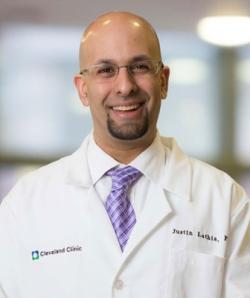 Justin D Lathia, Ph.D.
Justin D Lathia, Ph.D.
Professor, Vice Chair, Scientific Director, Lerner Research, Cleveland Clinic; Rose Ella Burkhardt Brain Tumor & Neuro-Oncology Center, Cleveland Clinic
lathiaj@ccf.orgDr. Justin Lathia is Vice Chair and Professor in the Department of Cardiovascular & Metabolic Sciences at the Lerner Research Institute (LRI) and serves as the Director of Faculty Development for the LRI. Dr. Lathia is also the Scientific Director of the Rose Ella Burkhardt Brain Tumor & Neuro-Oncology Center at the Cleveland Clinic and the Melvin Burkhardt Endowed Chair in Neuro-Oncology Research. He is also the Reza Khatib MD Professor, and Co-Leader of the Molecular Oncology Program at the Case Comprehensive Cancer Center. Work in the Lathia laboratory is focused on cancer stem cells, tumor microenvironment interactions, and sex differences in glioblastoma and has resulted in multiple Phase 1 clinical trials.
Dr. Lathia has co-authored over 240 publications and work in his laboratory is currently supported by multiple National Institutes of Health and foundation grants. Dr. Lathia contributes as a peer reviewer to over 150 journals, serves on the editorial board for Cell Reports, Cancer Research, and Neuro-Oncology, has served on multiple grant review panels for the National Institutes of Health and private foundations. -
 David Miller, Ph.D.
David Miller, Ph.D.
Program Director, Division of Cancer BiologyDr. David Miller is a Program Director in the Division of Cancer Biology, where manages a portfolio of grants focusing on computational and statistical methods development for the analysis and visualization of cancer data, as well as more mechanistic model development and systems biology research. Dave received his PhD in Physics from Drexel University in 2008.
Along with his programmatic responsibilities, Dave is also a part of the Interagency Modeling and Analysis Group (IMAG), the NIH Office of Data Science Strategy Software Working Group, NIH Virtual and Augmented Reality Scientific Interest Group (VARIG), NIH Citizen Science Working Group, the Informatics Technology for Cancer Research program, and the New Enabling Technologies Cancer Moonshot Implementation Team.
-
 Thales Papagiannakopoulos, Ph.D.
Thales Papagiannakopoulos, Ph.D.
Associate Professor, NYU School of MedicineDr. Thales Papagiannakopoulos is an Associate Professor of Pathology in the Department of Pathology at NYU School of Medicine. Throughout his career, Dr. Papagiannakopoulos has made seminal contributions to the field of biomedical sciences. Dr. Papagiannakopoulos has developed an innovative platform to rapidly assess gene function in both mouse models and human pre-clinical models of cancer, using CRISPR/Cas9-based genome engineering. His group focuses on the function of clinically relevant lung cancer mutations, elucidates their mechanism of action and identifies novel targeted therapies against complex genetic subtypes of lung cancer. Notably, his current studies have uncovered significant interactions between the immune system and lung adenocarcinoma. His research has been supported by multiple awards, including R00, the American Cancer Society Research Scholar Award, an R37 MERIT Award and R01 awards from the National Cancer Institute (NCI). He has been asked to serve on NIH, Department of Defense, and American Cancer Society grant review panels as an Ad Hoc member.
-
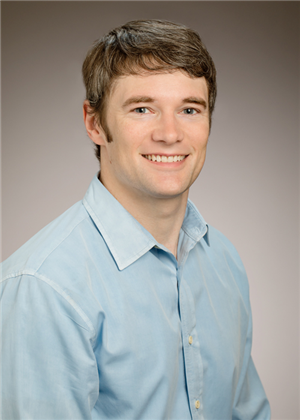 Andrew Smith, Ph.D.
Andrew Smith, Ph.D.
Professor of Bioengineering , University of Illinois Urbana-Champaign
smi@illinois.eduAndrew Smith is a professor of Bioengineering at the University of Illinois Urbana-Champaign. His lab develops molecular probes and targeted drugs for obesity, type 2 diabetes, and cancer. He has published more than 80 scientific articles, has given more than 70 invited talks, and is an elected fellow of the American Institute for Medical and Biological Engineering. He was an NIH K99 awardee as a postdoctoral fellow at Emory University and began as an assistant professor in 2012. He received tenure in 2018 and was promoted to full professor in 2021. He has been awarded 8 NIH R01 grants as PI or MPI, has served on 7 NIH scientific review panels, and was a standing member of the EITN Study Section. He served as Associate Head of the Illinois undergraduate Bioengineering programs for 7 years, leading the development of new degree programs in Neural Engineering and Computer Science + Bioengineering.
-
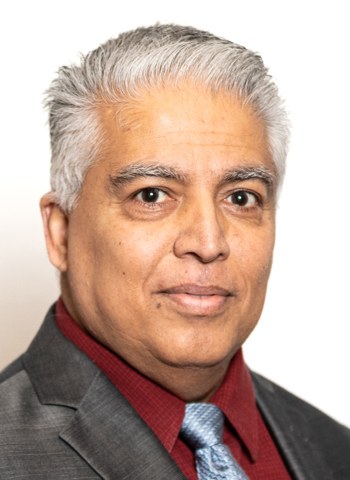
Dr. Asad Umar received his Ph.D. in Biochemistry and Immunology at the Johns Hopkins University in Baltimore, MD, in 1993. He conducted his postdoctoral training in the laboratories of Patricia Gearhart in Baltimore, MD and Thomas Kunkel at the National Institutes of Environmental Health Sciences in Research Triangle Park, NC. Dr. Umar's main scientific interest is to understand the molecular pathways during gastrointestinal carcinogenesis and applying molecularly targeted and immunologic interventions to prevent cancer. His research contributions are in deciphering the biochemical defects in Lynch syndrome (Hereditary Non-Polyposis Colorectal Cancer or HNPCC) and later published testing guidelines for HNPCC. As a Program Director, he oversees a wide variety of grants and contracts focusing on cancer prevention translational research, cancer screening, and clinical trials.
-
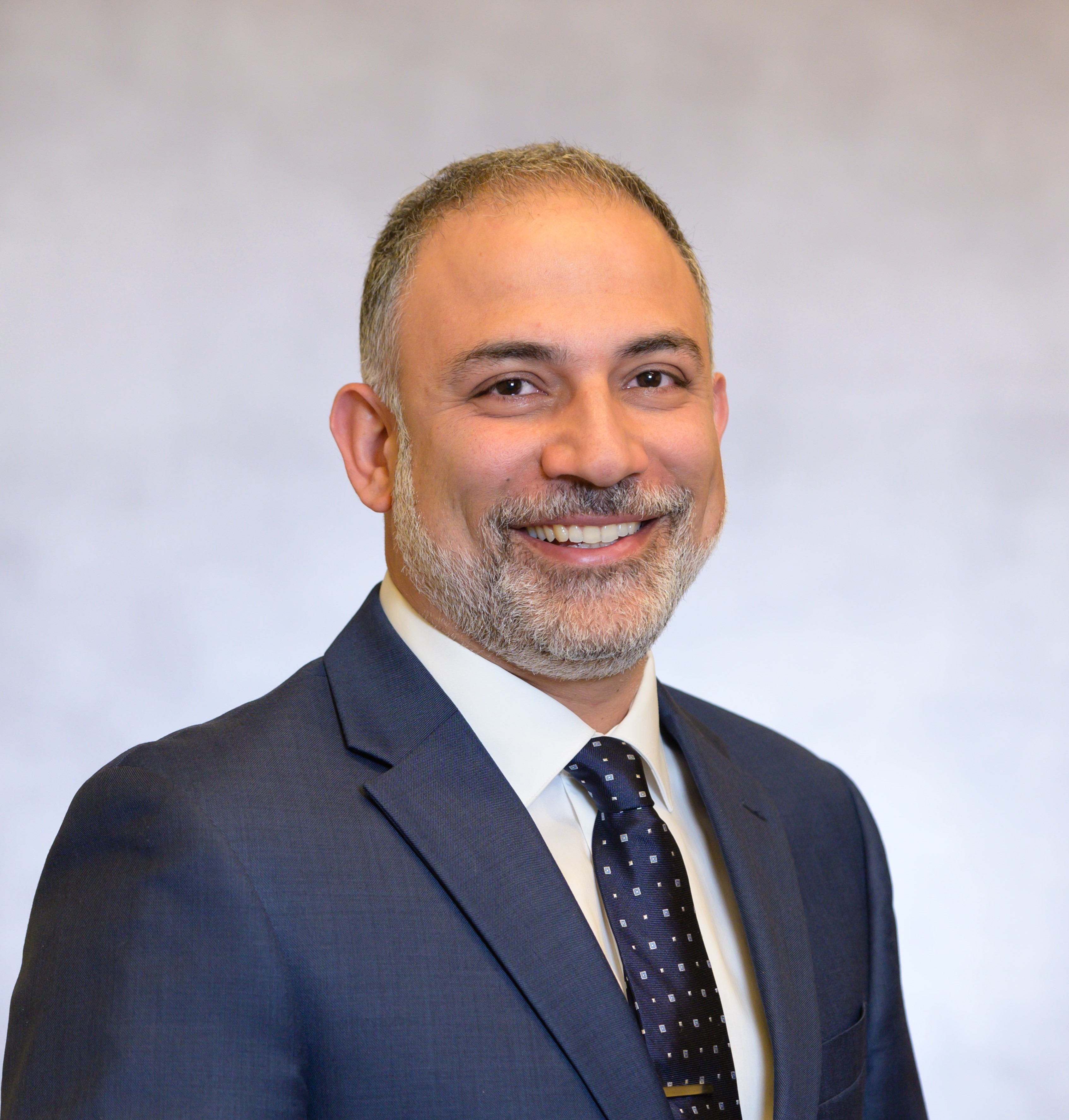
Dr. Shahrooz Vahedi serves as a Program Director within the Diversity Training Branch (DTB) of the Center to Reduce Cancer Health Disparities (CRCHD) since September 2022. In this role, his primary responsibilities encompass the oversight and management of K01 and K22 career development awards.
Before joining CRCHD, Dr. Vahedi held the position of Scientific Review Officer (SRO) within the Immunology and Infectious Diseases A (IIDA) review branch at the Center for Scientific Review (CSR). There, he was instrumental in the organization and facilitation of the Innate Immunity and Inflammation (III) study section.
-
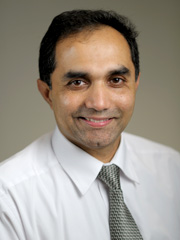 Sundar Venkatachalam, Ph.D.
Sundar Venkatachalam, Ph.D.
Branch Chief, Preclinical Therapeutics Grants Branch/NCI
sundarv@nih.govSundar Venkatachalam serves as the chief of PTGB. Sundar earned his Ph.D. in Biochemistry from the Ohio State University, where he studied the molecular mechanisms of DNA damage responses. As a postdoctoral fellow at the Baylor College of Medicine, he analyzed the role of p53 haploinsufficiency in tumor susceptibility and aging in mice. Subsequently, Sundar joined the University of Tennessee where he directed a research program focused on tumor suppressor and developmental functions of mitotic checkpoint kinases, transcription factors, and chromatin remodeling proteins. In 2011, Sundar joined the NIH as a program director at NIDCR where he developed initiatives on targeting codependent pathways in head and neck cancer (HNC), cancer initiating cells, molecular analysis of salivary gland tumors, neoantigen-based immunotherapy of HNC, and physiological effects of eCigarettes. Sundar's programmatic interests are DNA damage responses, preclinical models of cancer research, epigenetic targets, and synthetic lethal interactions.
-
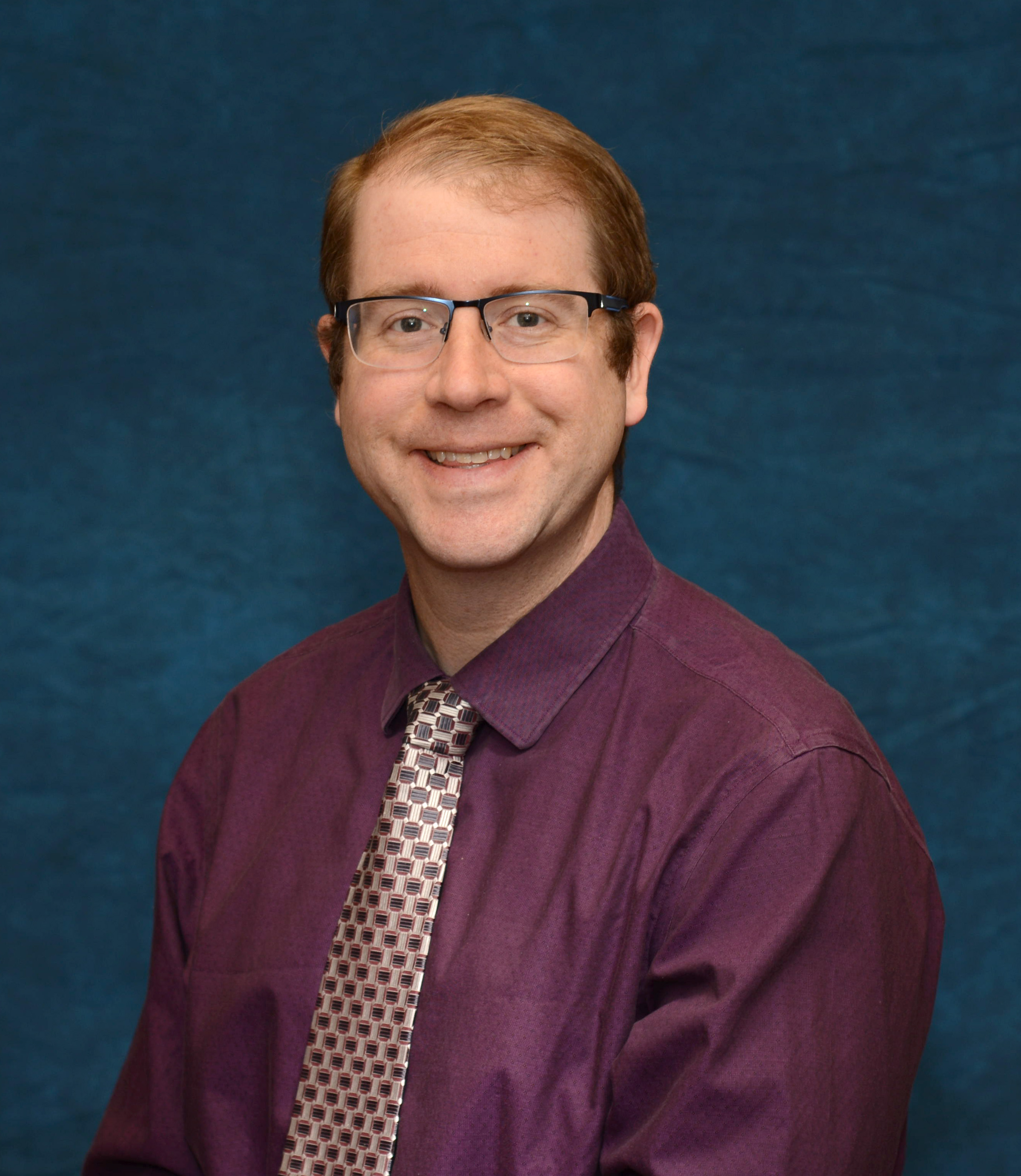 Daniel Wahl, M.D., Ph.D.
Daniel Wahl, M.D., Ph.D.
Associate Professor of Radiation Oncology, University of Michigan
dwahl@med.umich.eduDr. Wahl is a physician scientist and a tenured Associate Professor of Radiation Oncology at the University of Michigan. He obtained his MD and PhD degrees in 2012 from the University of Michigan where he studied Chemical Biology and immunometabolism under the mentorship of Drs. Gary Glick and Jamie Ferrara. He then underwent clinical training in radiation oncology and a postdoctoral fellowship studying brain tumor biology, metabolism and the DNA damage response under the mentorship of Dr. Theodore Lawrence. He now runs a research group that studies the mechanistic links between altered metabolism, DNA repair and treatment resistance in brain tumors. His research team has translated this laboratory work into clinical studies that measure metabolism in brain tumor patients using stable isotope tracing and inhibit it through therapeutic clinical trials. His work is funded by the NCI, the NINDS, the Damon Runyon Cancer Foundation, the Sontag Foundation and the Ben and Cathy Ivy Glioblastoma Foundation.
-

Dr. Wallace is the Lead for the Disparities and Equity Program (DEP) at the NCI within CRCHD. In this role, she coordinates and strengthens NCI’s overall cancer disparity research activities, encompassing basic, clinical, translational, and population-based research. Additionally, Dr. Wallace oversees a portfolio of grant mechanisms promoting basic/translational cancer research and develops initiatives to stimulate research in underfunded areas. Prior to joining the CRCHD, Dr. Wallace was an Oncology Scientist at Human Genome Sciences, where she managed clinically relevant research programs and conducted preclinical development of promising cancer therapeutics. Dr. Wallace received her Ph.D. in biomedical sciences from the University of Florida in Gainesville, FL. She completed her postdoctoral training in the Laboratory of Human Carcinogenesis at NCI, where she conducted basic and translational research to identify biomarkers of aggressive prostate and breast cancer.
-
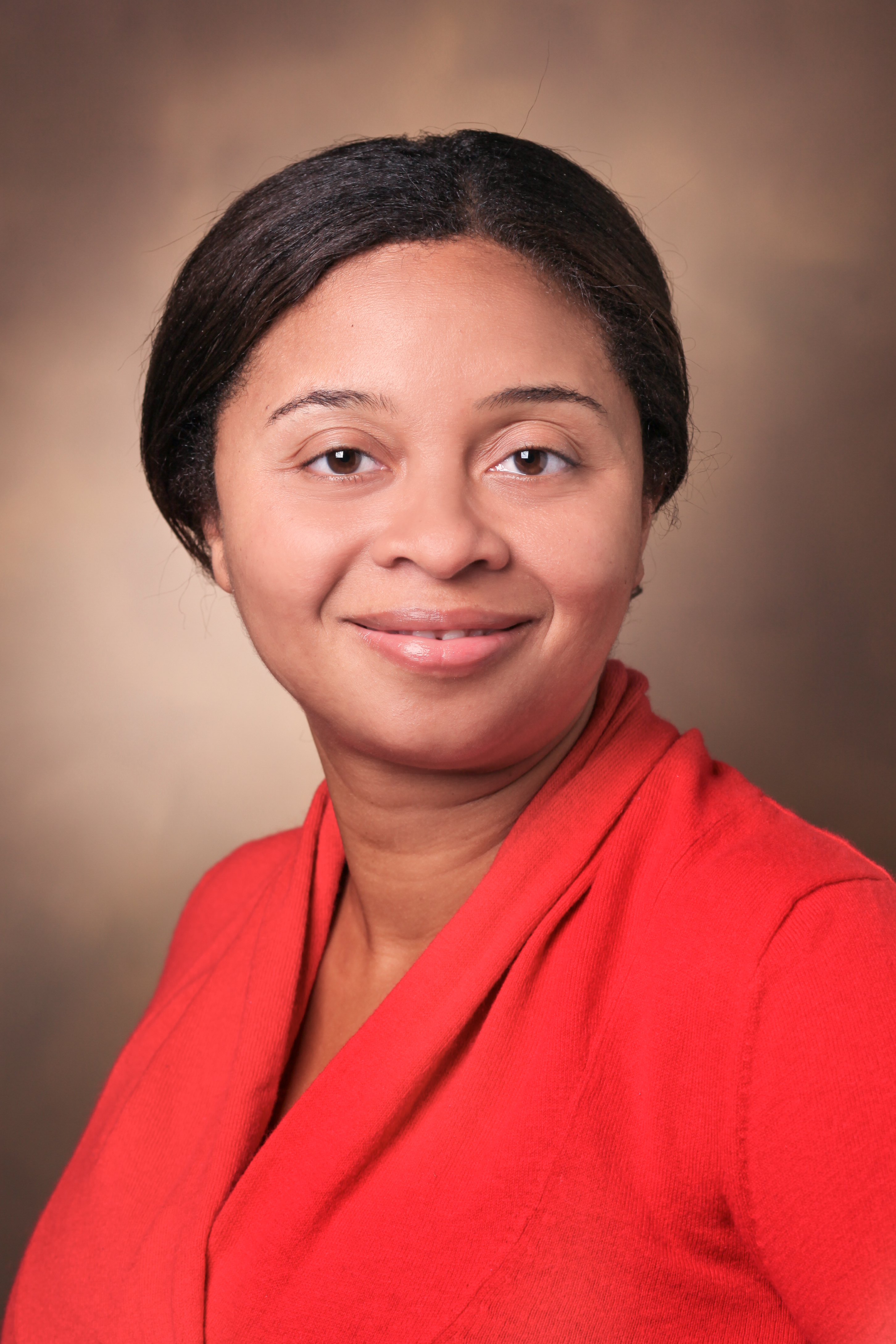 Shaneda Warren Andersen, Ph.D.
Shaneda Warren Andersen, Ph.D.
Assistant Professor of Population Health Sciences , University of Wisconsin-Madison
snandersen@wisc.eduDr. Shaneda Warren Andersen is a cancer epidemiologist and Assistant Professor of Population Health Sciences in the School of Medicine and Public Health at the University of Wisconsin-Madison. Dr. Warren Andersen’s research program uses molecular epidemiologic methods to identify determinants for cancer risk and survivorship. Specifically, Dr. Warren Andersen investigates how differences in the distributions of important tumor characteristics, access to healthcare, and modifiable lifestyle factors may contribute to disparities in colorectal cancer outcomes across populations. The research conducted within the Warren Andersen research group consists of clinical and population-based studies, primarily utilizing data from large cohort studies with stored biologic samples, cancer consortia datasets, and several epidemiological case-control studies.
Dr. Warren Andersen’s research interests build upon her previous training. She received her B.S. in Genetics from the University of Wisconsin-Madison and later earned a M.S. and Ph.D. in Population Health from the University of Wisconsin School of Medicine and Public Health. She completed her postdoctoral fellowship in the Vanderbilt University Medical Center R25 Molecular and Genetic Epidemiology of Cancer (MAGEC) training program. -
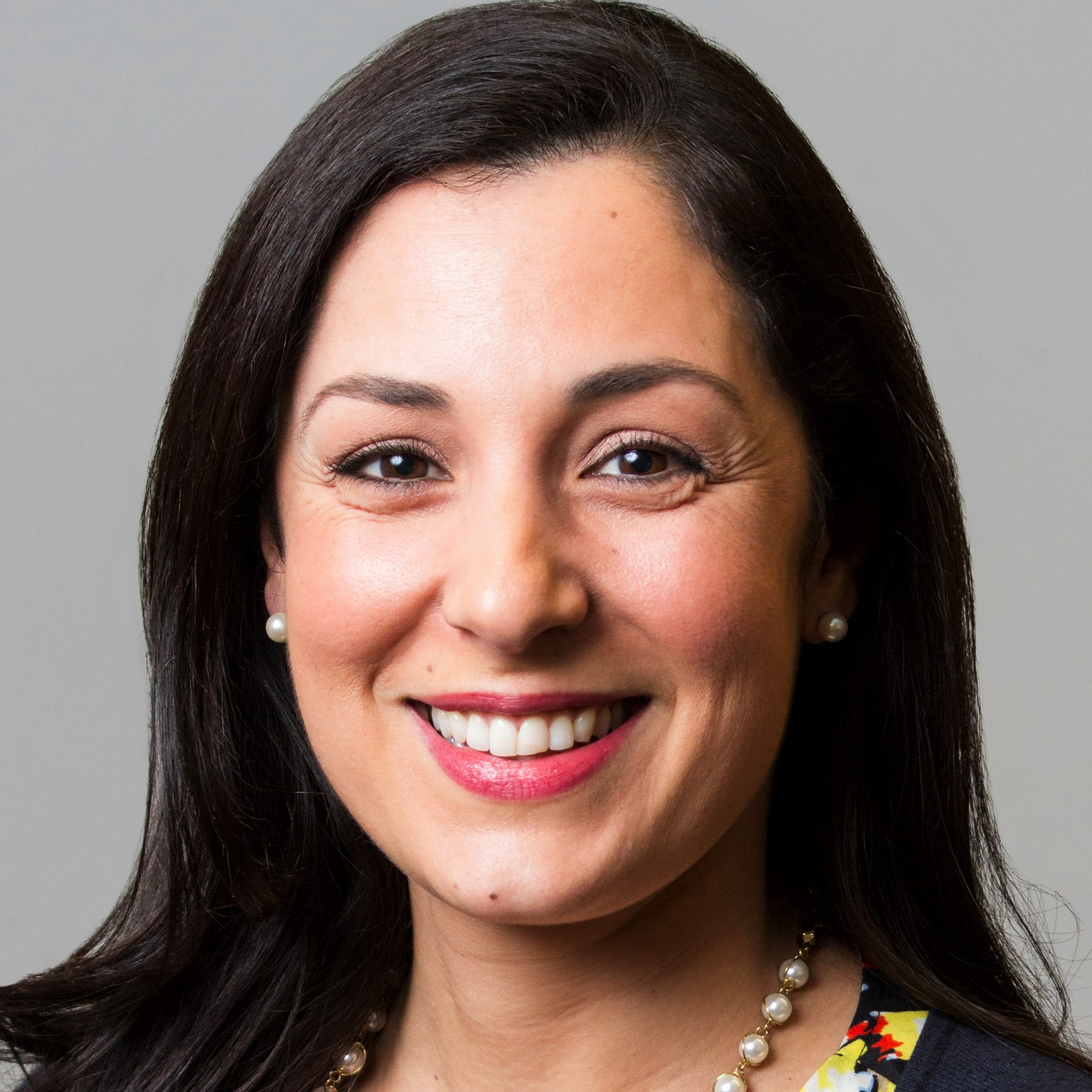 Nastaran Zahir, Ph.D.
Nastaran Zahir, Ph.D.
Branch Director, Cancer Training Branch, Center for Cancer Training, NCI
nas.zahir@nih.govNastaran (Nas) Zahir, Ph.D. is Director of the Cancer Training Branch in the Center for Cancer Training where she oversees funding for research fellowships, training, education, and career development programs funded by the National Cancer Institute (NCI). Dr. Zahir strives to foster collaborative team science and support cancer education, outreach, and advocacy activities spanning the cancer research continuum. She serves as vice co-chair of the NIH Training Advisory Committee. From 2013-2021, Dr. Zahir served as Associate Director at the NCI Division of Cancer Biology where she coordinated programs that integrate physical sciences perspectives in cancer research. She joined the NCI in 2009 as a Program Director in the Office of Physical Sciences-Oncology. Dr. Zahir is a fellow of the American Institute for Medical and Biological Engineering. She conducted research in the areas of tissue engineering at the NIH, breast cancer mechanobiology at the University of Pennsylvania Department of Bioengineering, and plasma physics and radiation biology at the University of California, Berkeley Department of Nuclear Engineering.
